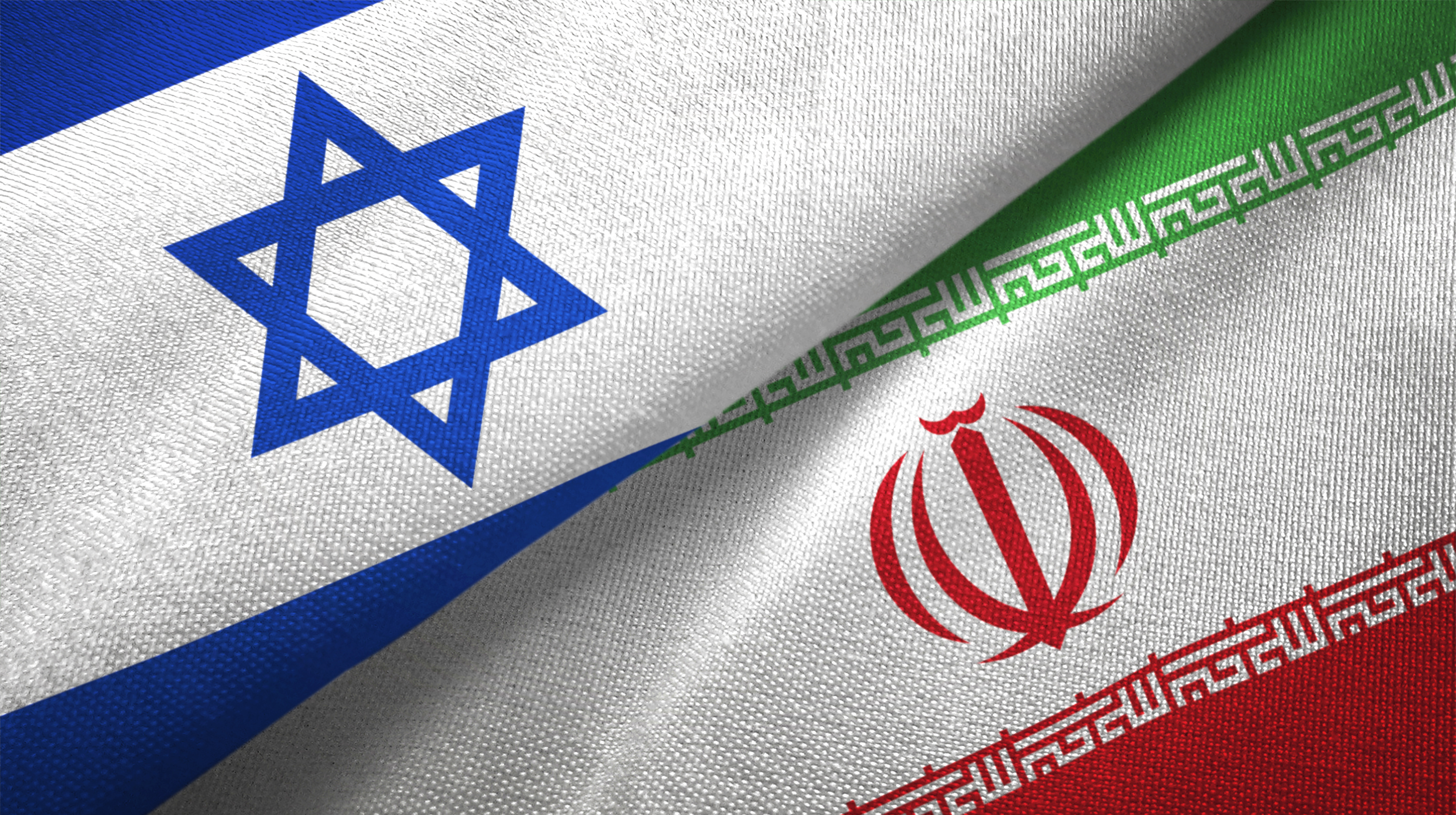
Eyewitness accounts and military reports confirm that multiple missiles were launched from Iranian territory, striking areas near Tel Aviv and Jerusalem. While initial assessments indicate that there were no fatalities, the attack has raised alarms about the increasing aggressiveness of Iran's military posture. Israeli defense officials stated that they successfully intercepted several incoming missiles, but the nature of the attack marks a significant shift in Iran's engagement strategy against Israel.
In response to the missile attack, Israeli Prime Minister Benjamin Netanyahu held an emergency meeting with top military and intelligence officials. During the meeting, he emphasized that the nation would not tolerate any aggression against its sovereignty and vowed to retaliate decisively. “Israel will respond with overwhelming force,” Netanyahu declared, underscoring the gravity of the situation and the potential for escalation into a full-blown conflict.
This incident follows a series of confrontations between Iran and Israel, particularly over Iran's military support for groups such as Hezbollah in Lebanon and Hamas in Gaza. Analysts believe this missile attack could signal a new phase in Iran's military engagement, possibly reflecting its growing confidence in its missile capabilities and its willingness to directly challenge Israel's security.
The geopolitical implications of this missile attack are profound. With ongoing tensions surrounding Iran's nuclear program and its influence in Syria, this incident may catalyze a shift in alliances and military strategies within the region. The United States and European allies have expressed deep concerns regarding Iran's actions, emphasizing the need for a coordinated response to curb its military ambitions.
Experts are closely monitoring military movements in the region, noting that Iran may seek to leverage the attack to bolster its position among its allies in the Middle East. Analysts suggest that Iran’s leadership might view this as an opportunity to demonstrate strength and unity in the face of perceived external threats, particularly from Israel and its Western allies. The attack may also serve to solidify Iran’s status as a regional power, further complicating diplomatic efforts aimed at resolving tensions surrounding its nuclear program.
Military analysts have begun assessing the capabilities showcased in the missile attack, noting that Iran's missile technology has advanced significantly in recent years. With a range of missiles capable of reaching major Israeli cities, Iran has developed a strategic deterrent that complicates Israel's military calculus. The increasing sophistication of Iran’s military assets raises questions about the effectiveness of Israel's Iron Dome defense system, which has historically been credited with intercepting a high percentage of incoming threats.
In addition to military repercussions, the economic impact of this escalation is becoming apparent. Financial markets reacted swiftly to the news, with stocks in the defense sector experiencing an uptick as investors anticipated increased military spending in both Israel and potential allied nations. Oil prices also surged on fears that escalating tensions could disrupt supplies in the already volatile Middle East.
As the situation unfolds, international reactions are pouring in, with calls for restraint from various global leaders. The United Nations has urged both parties to exercise caution and engage in dialogue to de-escalate the situation. Diplomatic channels are reportedly being activated to prevent further violence and to explore avenues for negotiation. The effectiveness of these efforts remains uncertain, as both Iran and Israel appear entrenched in their respective positions.
Amidst this backdrop, regional allies of both nations are recalibrating their strategies. Saudi Arabia and the United Arab Emirates have increased their defense readiness, fearing that the fallout from this incident could spill over into their territories. Meanwhile, Hezbollah has issued statements of solidarity with Iran, signaling its readiness to support its ally in the face of Israeli aggression.
The missile attack from Iran underscores a critical juncture in Middle Eastern politics, highlighting the fragile balance of power and the ever-present threat of conflict. With both sides gearing up for potential military responses, the coming days may witness further escalations or, conversely, efforts at diplomatic resolution. The international community watches closely, aware that the repercussions of this incident could reverberate far beyond the immediate region, impacting global security dynamics.
Topics
Spotlight
